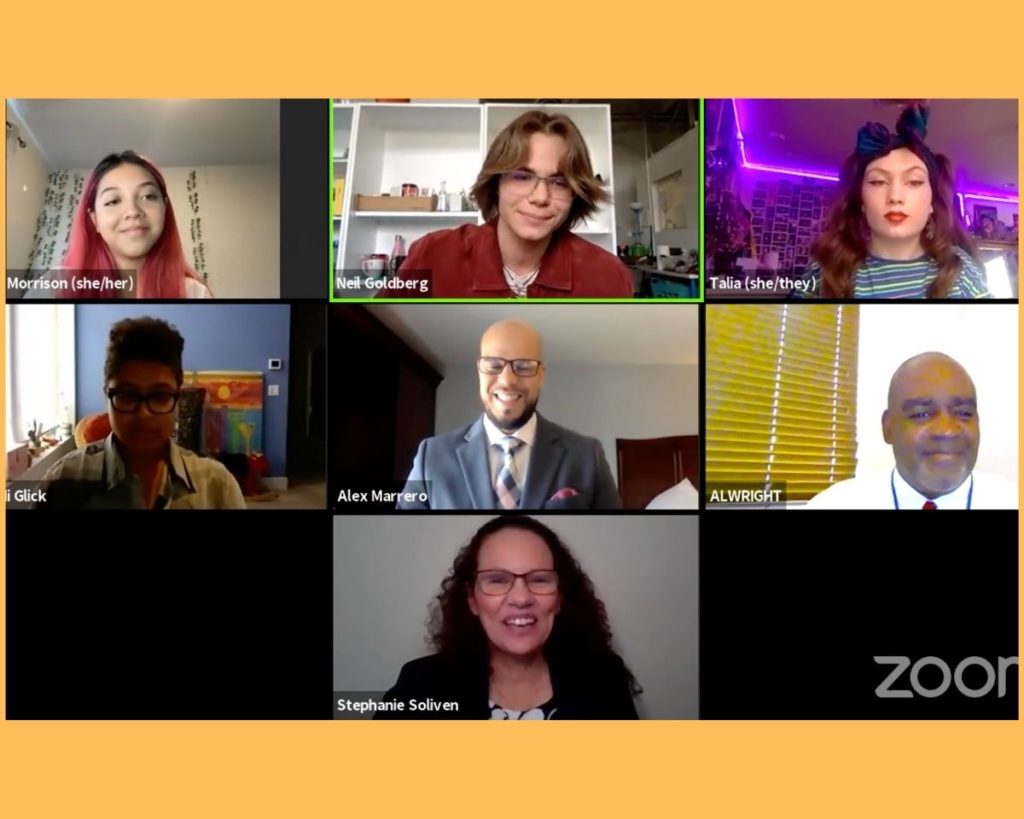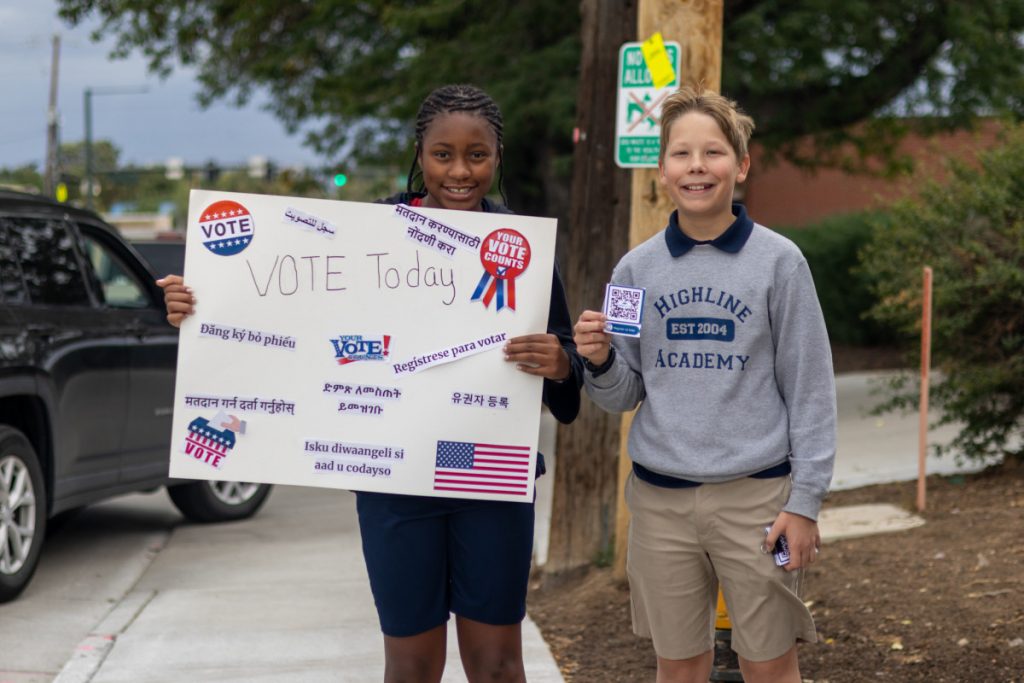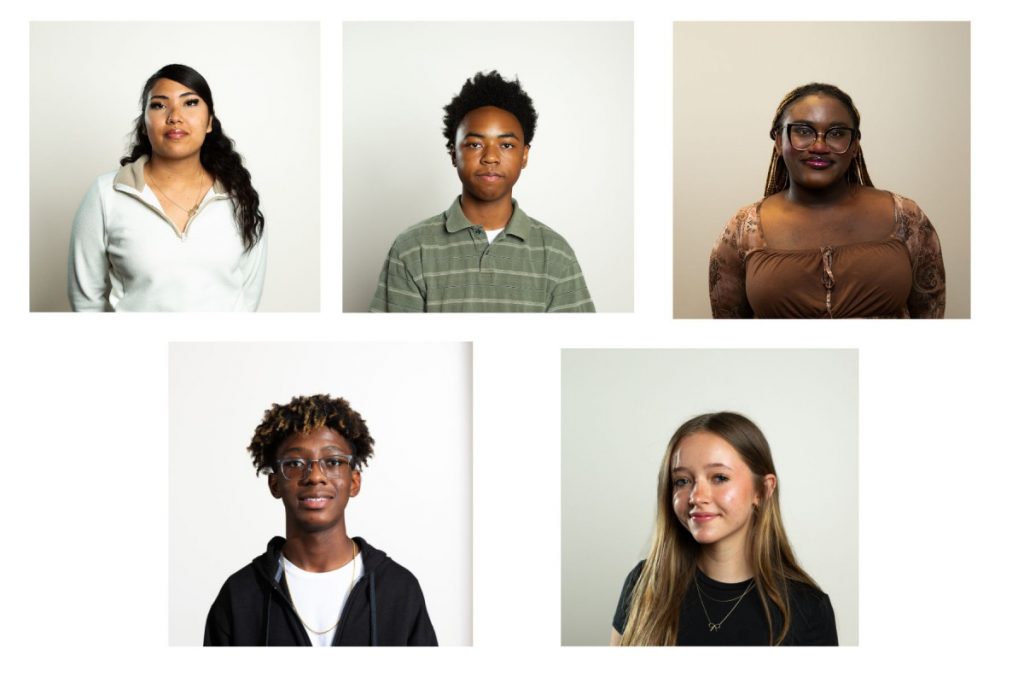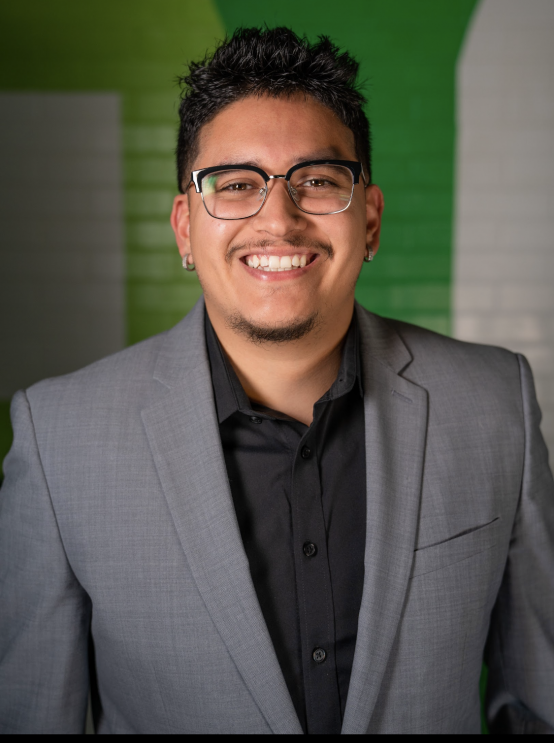The three finalists to become the next Denver Public Schools superintendent presented themselves to two public panel interviews Thursday via Zoom, a singularly unsatisfying way to assess their qualifications to run the state’s largest school district, and their impact on a crowd.
Listening to them answer questions, it was hard to get any real sense of what the Denver school board is seeking in its next leader, or what it will get by hiring any of these three educators.
The Congress of Hispanic Educators (CHE), dissatisfied with the three finalists after hearing from them during the forums, has written to the school board urging an extension of the search process and asking that the board keep current interim Superintendent Dwight Jones in the job through the end of the next school year.
“The Denver Public Schools should not be a “training ground” for new superintendents. The community deserves and is demanding an experienced successful leader,” the group wrote.
There were several other closed-door meetings between the candidates and various interest and constituency groups. Those meetings should have been opened to the public as well. Who knows what promises or commitments might have been made behind closed doors?
Here’s a snippet of what we heard from the three finalists during the two public forums.
Alex Marrero, the acting superintendent in New Rochelle, N.Y. won the charisma contest. He is a forceful speaker who delivers his message in straightforward language, relatively free of jargon. He asked whether Denver and DPS were ready for “a civil servant who will push back and will be unwavering in support for all students, in particular those who are disenfranchised and who is going to address segregation, gentrification, and systemic racism?”
Stephanie Soliven, an assistant superintendent in Brevard County, Fla., expressed doubts about the direction DPS has headed in the past decade-plus, especially with school autonomy, and made it clear she is “a step further away” on school autonomy than her predecessors were.
Andre Wright, the chief academic officer in neighboring Aurora, was the hardest to read. He avoided answering a question on his view of charter and innovation schools, other than to say that charter and innovation school students are DPS students, and the district has an oversight responsibility for all of them.
An anonymous wag wrote on Twitter that Marrero would be a disrupter, Soliven a dictator, and Wright a bureaucrat.
One of them will become superintendent this summer. The unanswered question is whether any of them are up to the task.
In a district where the previous superintendent, who spent most of her life in DPS, as a student and employee, was pushed out after two years because she was not aligned enough with the school board’s befuddling agenda, another unanswered question is whether the board really knows what it wants in its next leader.
It certainly wants a break from the past, and that it will get.
The board also wants an educator, as opposed to a manager with business experience in the mold of Michael Bennet or Tom Boasberg. Some board members also long for a central leader who will rein in those bothersome charter and innovation schools and return DPS to the old “one best system” model of bureaucratic governance.
Never mind that the central command and control model never worked well and is responsible for presiding over decades of growing achievement and opportunity gaps in most major cities. The dream that neighborhood schools can all become so good that no one needs another option (a dream expressed by Soliven in her interview) is belied by history.
Some people complain that this is a second-tier group of candidates that lacks experience, seasoning, and gravitas. While that might be true, I would argue that at least the Alma Advisory Group search firm didn’t bring in a group of recycled, veteran superintendents who have failed in other districts, the all-too-common practice of larger, more established search firms. Still, whom did Alma miss, and who might have looked at the current dysfunction on the school board and said “thanks, but no thanks?”
You do have to ask who would want to come to a district presided over by a board where at least some members seem more interested in inserting themselves into the minutiae of district operations than in the policy governance they profess to favor. Other board members seem more interested in furthering their political careers than overseeing school district policies.
There are also questions about how many new board members there might be in the fall. Three incumbents are up for reelection and one, the estimable Barbara O’Brien, is retiring because of term limits. It’s not clear who will run again and who will bow out. It’s conceivable that there will be as many as four new board members. That’s a lot of instability.
In other words: DPS might think of itself as highly alluring for top candidates, but as the market has demonstrated, this is far from a plum job at this moment in time. That might need to change before Denver can attract the caliber of candidate that CHE and others demand, and that Denver deserves.
Boardhawk’s T. Michael Boddie provided reporting assistance on this piece.




